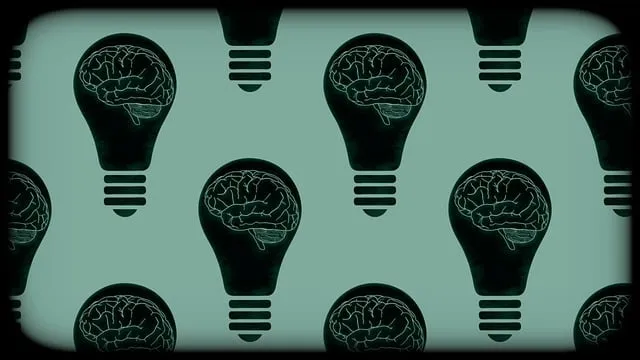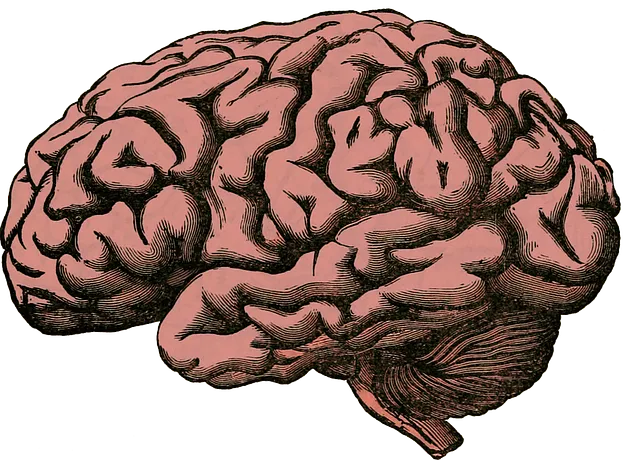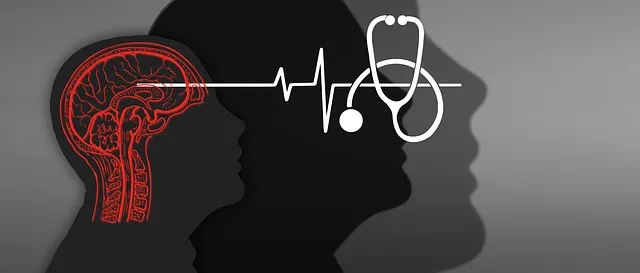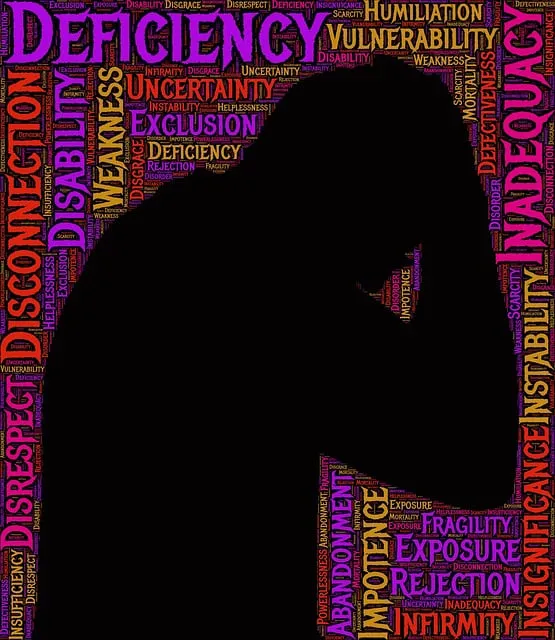In the digital age, media portrayal of mental illness impacts societal understanding, with both progress and lingering stereotypes. The Boulder Kaiser Permanente behavioral health center leads the way in revolutionary mental health care, integrating holistic models and evidence-based practices to address burnout, stress reduction, and stigma. By collaborating with healthcare providers, media can challenge stigmatizing stereotypes through accurate, diverse, and nuanced storytelling, emphasizing recovery stories and self-care practices. This fosters empathy, understanding, and an inclusive society for all facing mental health journeys.
Mental illness representation in media has long been a subject of debate, with stereotypes and inadequate portrayals prevalent. This article explores strategies to challenge these norms, focusing on the successful initiatives at the Boulder Kaiser Permanente Behavioral Health Center. We delve into how media can play a pivotal role in shaping public understanding by presenting accurate, empathetic narratives. Through examining real-world examples, we offer solutions to enhance mental health representation, fostering a more inclusive and informed society. Discover innovative approaches that could revolutionize media’s impact on mental illness perception, inspired by the progress at Boulder Kaiser Permanente.
- Understanding Mental Illness Representation in Media: The Current Landscape
- Boulder Kaiser Permanente Behavioral Health Center: A Model for Positive Change
- Strategies and Solutions: Enhancing Media Portrayal of Mental Health
Understanding Mental Illness Representation in Media: The Current Landscape

In today’s digital age, media plays a pivotal role in shaping societal perceptions of mental illness. The current landscape presents a mixed picture; while there has been some progress in depicting mental health issues more accurately, stereotypes and misconceptions still prevail. Many portrayals in film, television, and news media continue to perpetuate the stigmatization associated with mental illnesses, often reducing complex conditions to simplistic narratives or as mere plot devices. This is particularly concerning given that media has a significant influence on public understanding and attitudes towards behavioral health. For instance, at the Boulder Kaiser Permanente behavioral health center, they recognize the need to challenge these representations to foster a more inclusive and supportive environment.
To address this challenge, it’s imperative to promote diverse and nuanced portrayals of mental illness. Mindfulness meditation and emotional regulation techniques, for example, can be highlighted as tools for managing mental health issues instead of focusing solely on medication or therapy. Mental illness stigma reduction efforts should also be centered around real-life stories and experiences, showcasing the humanity behind these conditions. By doing so, media has the potential to revolutionize public discourse, encouraging empathy and understanding among viewers.
Boulder Kaiser Permanente Behavioral Health Center: A Model for Positive Change

The Boulder Kaiser Permanente Behavioral Health Center stands as a beacon of hope and positive change in the realm of mental illness representation. This pioneering facility has pioneered innovative approaches to address the growing concerns surrounding burnout prevention strategies for healthcare providers, stress reduction methods, and mental illness stigma reduction efforts. By integrating holistic care models and employing evidence-based practices, the center offers a comprehensive solution that not only treats mental health conditions but also fosters resilience and promotes well-being among its patients.
Through tailored interventions and supportive environments, Boulder Kaiser Permanente Behavioral Health Center challenges societal perceptions of mental illness. Its dedicated team works tirelessly to destigmatize these issues, ensuring individuals receive the compassionate care they deserve. By setting a new standard for excellence in behavioral health, this center inspires other institutions to adopt similar strategies, ultimately contributing to a more inclusive and supportive society for those navigating mental health journeys.
Strategies and Solutions: Enhancing Media Portrayal of Mental Health

Media representation plays a pivotal role in shaping public understanding of mental illness. To challenge stigmatizing stereotypes and promote empathy, media outlets can adopt several strategies. One effective approach is to collaborate with healthcare providers like the Boulder Kaiser Permanente behavioral health center. By involving experts in storytelling and mental health professionals, media can produce more accurate and nuanced narratives that reflect real-life experiences. This includes showcasing diverse individuals navigating various mental health conditions, emphasizing recovery journeys, and highlighting successful self-care practices.
Public awareness campaigns development centered around mental health should be inclusive and multifaceted. Communication strategies should not only educate but also encourage open conversations. Using accessible language and relatable content can help break down barriers and ensure that everyone, regardless of background, feels empowered to seek support. By integrating these strategies, media can contribute significantly to fostering a more supportive and understanding society for those dealing with mental health issues.
In light of the current challenges in mental illness representation, the article has explored both the shortcomings of media portrayals and promising initiatives like the Boulder Kaiser Permanente Behavioral Health Center. It’s clear that enhancing media’s role in mental health discourse is crucial. By implementing the strategies and solutions discussed, we can work towards a more accurate, empathetic, and inclusive narrative. The Boulder Kaiser Permanente behavioral health center serves as a model, demonstrating that positive change is achievable through innovative approaches and dedicated efforts to improve mental illness representation in all forms of media.






